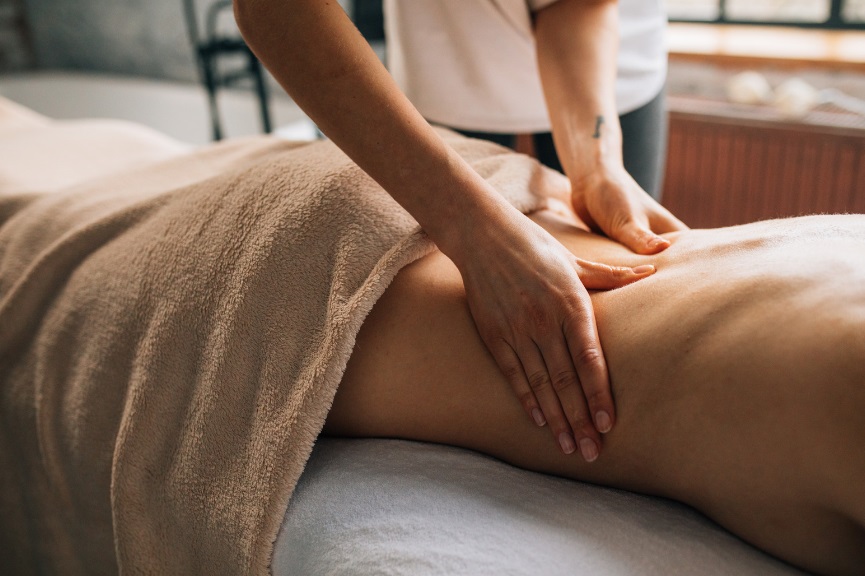Massage Therapists in Scotland
Massage therapists in Scotland play a crucial role in promoting the health and wellbeing of individuals across the nation. Their work extends far beyond mere relaxation, encompassing a wide range of therapeutic applications that address physical, mental, and emotional needs. From bustling city clinics to serene countryside spas, and even in mobile practices reaching remote communities, these professionals are dedicated to enhancing the quality of life for their clients.
At its core, the work of a massage therapist involves the skilled manipulation of the body’s soft tissues, including muscles, tendons, ligaments, and fascia. Through a variety of techniques, they aim to alleviate pain, reduce stress, improve circulation, enhance flexibility, and promote overall relaxation. However, the scope of their practice is remarkably diverse, with many therapists specializing in particular modalities or client populations.
Diverse Techniques and Specializations:
Scottish massage therapists utilize an array of techniques tailored to address specific needs. Swedish massage, characterized by long gliding strokes, kneading, and gentle tapping, remains a popular choice for general relaxation and stress reduction. Deep tissue massage targets deeper layers of muscle and fascia to release chronic tension and address musculoskeletal issues. Sports massage focuses on the needs of athletes, aiding in performance enhancement, injury prevention, and recovery. Prenatal massage offers specialized care for expectant mothers, alleviating pregnancy-related discomforts. Other popular modalities include aromatherapy massage, which incorporates essential oils for their therapeutic benefits, and hot stone massage, which uses heated stones to promote muscle relaxation.

The growing recognition of the benefits of massage therapy has led to increasing specialization within the field. Some therapists focus on specific conditions, such as chronic pain management, fibromyalgia, or temporomandibular joint (TMJ) disorders. Others work with particular populations, including the elderly, infants, or individuals with disabilities. This specialization allows therapists to develop in-depth knowledge and skills to provide more targeted and effective treatments.
Benefits Beyond Relaxation:
While relaxation is a well-known benefit of massage therapy, its positive effects extend much further. Studies have shown that massage can reduce levels of the stress hormone cortisol, lower blood pressure, and improve immune function. It can also alleviate muscle stiffness and soreness, decrease joint inflammation, and improve sleep quality. For individuals recovering from injuries or surgery, massage therapy can play a vital role in the rehabilitation process, improving circulation and promoting tissue healing.
Furthermore, massage therapy has significant mental and emotional benefits. It can reduce anxiety and depression, improve mood, and increase feelings of overall wellbeing. The human touch and the focused attention of a therapist can be particularly comforting and therapeutic for those experiencing stress, loneliness, or emotional distress.
Working Environments and Professionalism:
Massage therapists in Scotland work in a variety of settings. Many are employed in private clinics, beauty salons, and spas, offering their services to a diverse clientele. Others work in healthcare settings, such as hospitals, physiotherapy practices, and hospices, where they collaborate with other healthcare professionals to provide integrated care. A growing number of therapists operate mobile practices, bringing their services directly to clients’ homes or workplaces, particularly beneficial for those with mobility issues or busy schedules.
While the massage therapy profession in the UK is not legally regulated in the same way as some healthcare professions, professional standards are maintained through voluntary registers and professional associations. Organizations like the Scottish Manual Therapists Organisation (SMTO) play a crucial role in setting standards for training, ethics, and professional conduct. Membership in such organizations demonstrates a therapist’s commitment to quality and ensures a level of public protection. Many local authorities in Scotland also require a “Massage and Special Treatments Licence” for premises where massage is practiced, ensuring hygiene and safety standards are met.
Essential Skills and Qualities:
To be an effective massage therapist in Scotland requires more than just technical skills. Excellent communication and active listening skills are essential for understanding clients’ needs and concerns. Sensitivity, empathy, and a genuine caring nature help to build trust and rapport. Therapists must also possess stamina and physical dexterity, as the work can be physically demanding. A thorough understanding of anatomy and physiology is fundamental for providing safe and effective treatments. Furthermore, maintaining client confidentiality and adhering to ethical guidelines are paramount.
The Future of Massage Therapy in Scotland:
As the understanding of the interconnectedness of physical and mental health continues to grow, the demand for skilled massage therapists in Scotland is likely to increase. The profession is evolving, with ongoing research highlighting the benefits of massage for a wider range of conditions. The integration of massage therapy into mainstream healthcare settings is also becoming more common, recognizing its value as a complementary therapy.
In conclusion, massage therapists in Scotland are dedicated professionals who contribute significantly to the health and wellbeing of the nation. Through their diverse skills, compassionate care, and commitment to professionalism, they provide a vital service that addresses a wide spectrum of physical, mental, and emotional needs, making a tangible difference in the lives of their clients.
